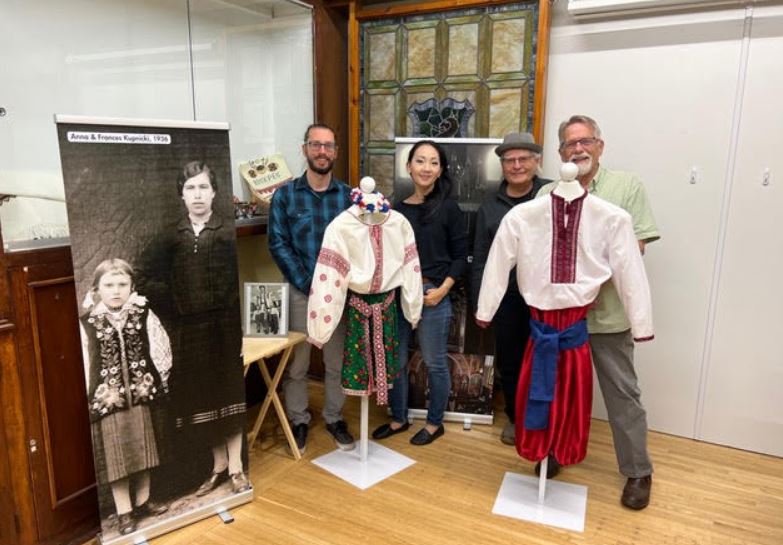For close to 25 years, the Canadian Industrial Heritage Centre (CIHC) has been dedicated to delivering an array of heritage and arts program centered on industrial and labour history.
Peter Muir, who is the Artistic Director of Brant Theatre Workshops, as well as one of the CIHC’s directors, explained how the CIHC was founded.
“It started in 2000, at the Cockshutt Homecoming Festival. The Cockshutt’s were a very important family here in Branford and very well known. From that festival, the CIHC was formed to restore the main office of the Cockshutt factory, which ended up burning down,” Muir explained. “What was left was the time office where people would go through to get to the factory, but you could still get a sense of the heritage. We went to the city [with our commissioned environmental studies] to get them to restore, retain, and preserve what structures were left, which they agreed with.”
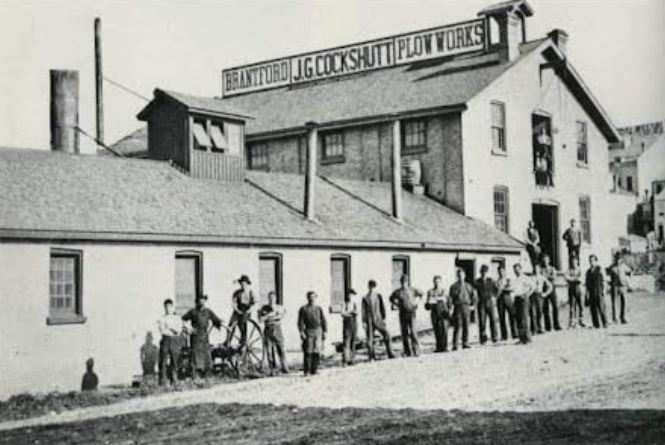
The CIHC’s president, Dr. Christina Han, a professor, historian and curator of East Asia studies at Laurier Brantford, explained the plans for the site.
“In 2020, we signed a lease with the city at 66 Mohawk (the former Cockshutt Plow Company) to build a multipurpose heritage arts centre, which will include exhibit spaces for an interpretive centre to showcase Brantford’s and Canada’s industrial heritage, and indoor and outdoor spaces [for] performances. We have a partnership with Brant Theatre Workshops and have been producing original plays based on heritage themes,” said Han.
However, the CIHC has continued to develop various projects over the years, appealing to the public.
“We recently did a seminar online on brownfield reconstruction. And we have plans for more online seminars,” Muir explained. “We’re also doing a pop-up exhibit which will focus on various industrial aspects of each community. We’ll be popping up in locations like Paris and Waterford…and there is a theatrical presentation that works in with that.”
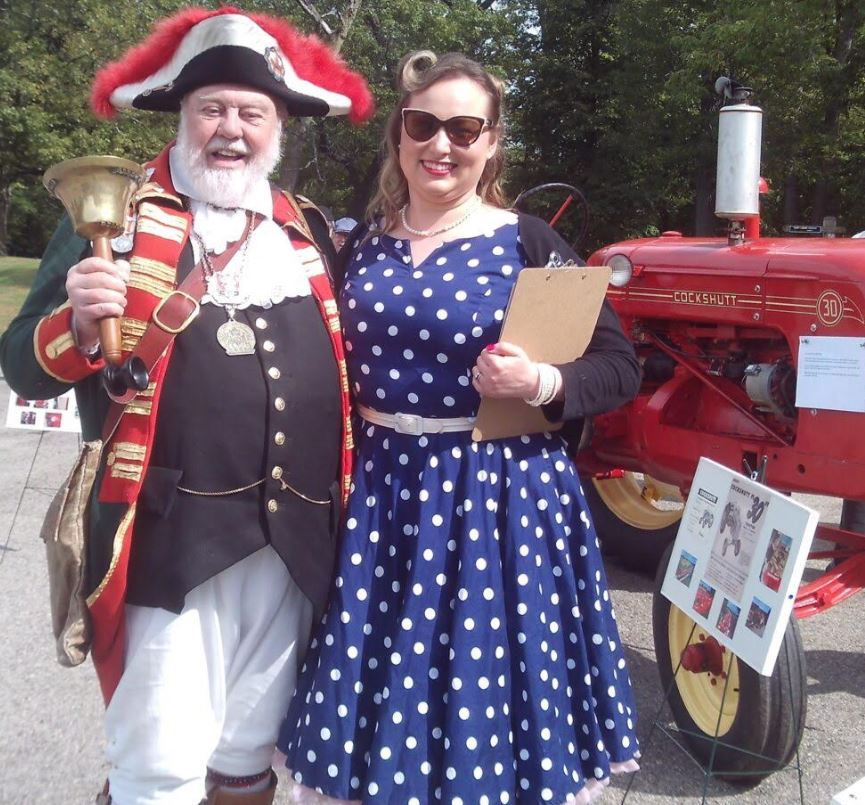
The CIHC has also built strong partnerships, especially with other museums in helping showcase these exhibitions.
“We’re very involved with other museums [including the] Brant County Museum, because we don’t have one ourselves. Every year, we do an exhibit there on the community [and] this September, we’ll be opening an exhibit on the Armenian community, and that will be there for about four or five months. With these pop-ups, it’s going to allow us to go into other museums and do exhibits as well,” said Muir. “We also have an exhibit on agricultural implements at the Waterford Museum that Rob Adlam, one of our board members, has put together. We have a good collection of farming implements, most of them are stored at Waterford Museum; but when we actually have a space, we’ll bring those back.”
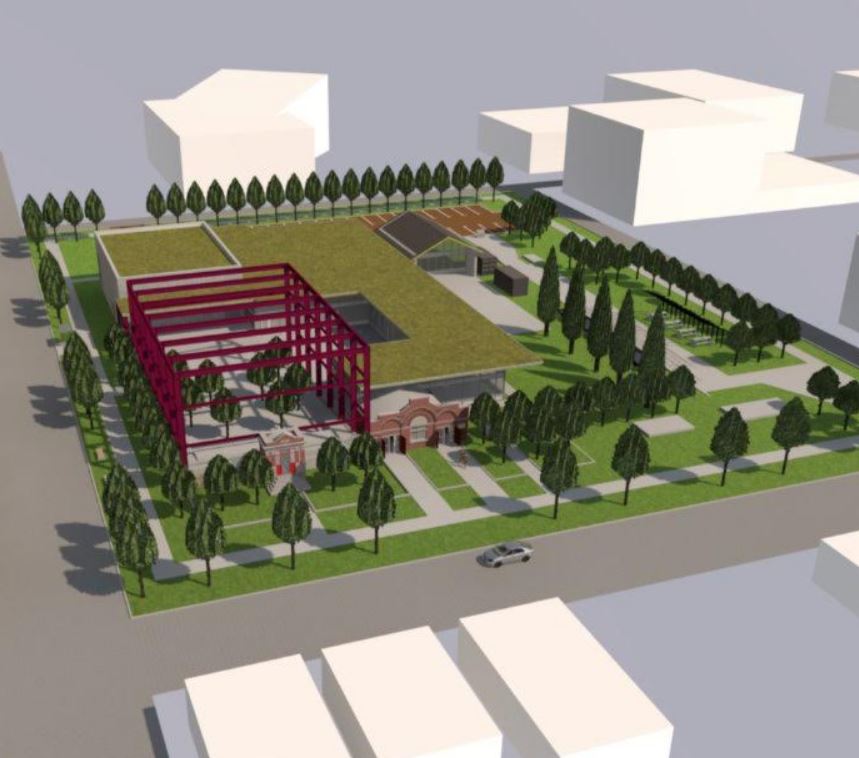
In 2019, the CIHC partnered with Brant Theatre Workshops, Laurier Brantford, and the Brant Historical Society, to develop the Immigrant Memories of Brantford project which, in the past, has featured the Ukrainian, Chinese, Italian, and Jewish communities in Brantford.
“We have received a lot of support from this project that we do every year. So that will continue into the next year [as] we’re taking a deep dive into the black community of Brantford with some incredible stories like the one on John Anderson. He was a slave in the United States, who eventually escaped and killed a man who was trying to take him back to his owner, which would have meant his death as well. By then he settled in Caledonia, and lived there as a stonemason for eight years. However, a bounty hunter from the United States came up, found him and took him to be put in jail in Brantford,” Muir recounted. “When he was in jail about 4,000 people that came there to protest him being sent back to America which would mean him becoming a slave again, so there was a huge outcry as Canada had a very different take on slavery than either Britain or the United States. So, that was the beginning of our Confederation.”
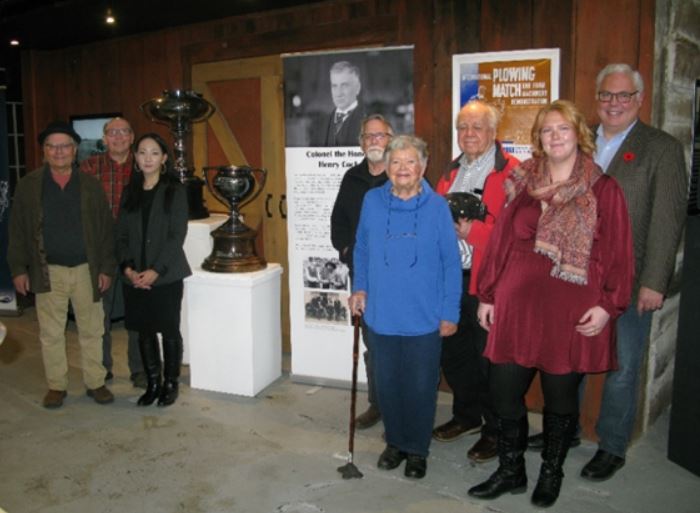
However, with its varied array of projects, the CIHC continues to grow in the consciousness of community members.
“Over the past several years we have had a lot of people who have been very interested in what we’re doing including with this year’s Armenian Memories Project. These Immigrant Memories of Brantford projects have been supported by the Ontario government [through grants] and we have seen 400 or 500 people every year come out,“ said Muir.
